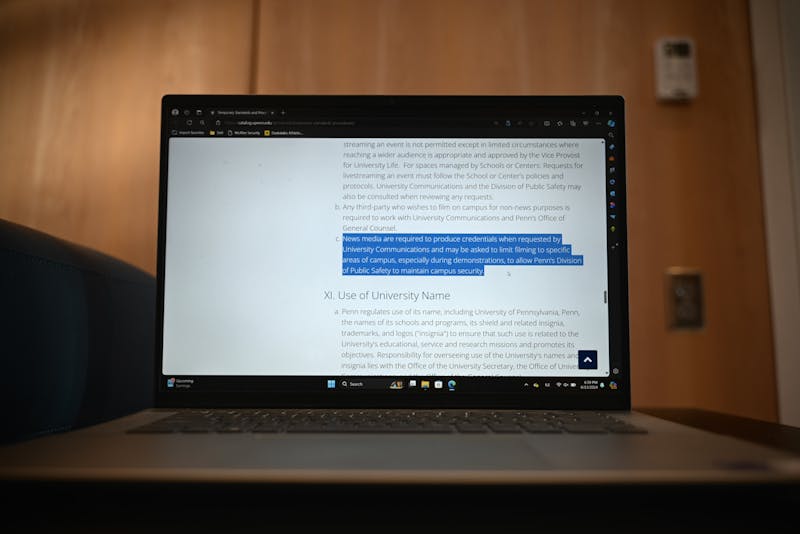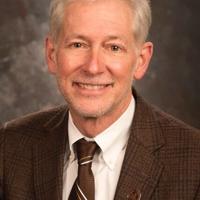



Debates on UW campuses over belonging, free expression, and social and political identity have been raised more frequently in recent months as legislative Republicans seek to fund free speech programs and cut diversity initiatives. A pair of Republican lawmakers introduced a bill in January to allocate $500,000 annually toward the UW System’s Wisconsin Institute for Citizenship and Civil Dialogue (WICCD), an office created in 2022 focusing on free speech programming and viewpoint diversity on college campuses. WICCD was created by UW System President Jay Rothman in response to a November 2022 free speech survey that found students’ perceptions of free speech rights differed greatly by political affiliation. University leaders are unequipped to confront the emotional impacts unrestricted speech, including offensive or hate speech, can have on students while still upholding legal principles central to the First Amendment. The fight over racial equity and free speech on campuses has been brought to the forefront as Republicans work to limit or eradicate diversity, equity and inclusion (DEI) offices in public universities.
In a recent development, the University of Wyoming has canceled the Black 14 Social Justice Summer Institute for this year. The Black 14 group, which consists of Black UW football players, decided not to participate in the institute due to the elimination of funding for UW's Office of Diversity, Equity and Inclusion. The Black 14 members wrote a letter to President Ed Seidel expressing their discontinuation of involvement in the institute. The institute's values and objectives are closely tied to DEI, and without ample backing and a robust DEI department, the program cannot effectively realize its mission. President Seidel expressed disappointment but respect for the Black 14's decision and hopes for future partnership. The 2023 institute saw significant growth, with 24 participants from five states [1e6e5d32][f9f33b1f].
The University of Wisconsin system has reached an agreement with Republican lawmakers to freeze hiring for diversity positions and eliminate an affirmative action faculty hiring program at UW-Madison. The deal also includes the creation of a position focused on conservative thought. This agreement comes after Republican lawmakers demanded the removal of diversity initiatives or the withholding of raises and funding. However, this move has drawn criticism from Democrats who argue that diversity initiatives are essential for enhancing the collegiate experience and identifying promising students. The deal reflects a broader cultural battle over diversity initiatives in universities across the nation.
Under the terms of the agreement, the university system will freeze hiring for diversity positions until the end of 2026. Additionally, at least 43 diversity positions will be shifted to focus on 'student success.' Furthermore, UW-Madison will establish a position dedicated to conservative political thought and eliminate a program designed to recruit diverse faculty. It is important to note that this deal requires legislative approval and will ultimately go to Democratic Governor Tony Evers for final approval.
In another development, the Supreme Court has backed West Texas A&M University's ban on drag events on campus. Spectrum WT, an LGBTQ+ student organization, challenged the ban, alleging First Amendment infringements. Judge Matthew Kacsmaryk's preliminary judgment questioned the expressiveness of drag performances. Spectrum WT appealed to the Supreme Court for a prompt resolution, but the court declined their request, prolonging the ban. Republican-led states have been increasingly scrutinizing drag performances, citing concerns over youth exposure to sexualized content. Tennessee became the first state to legislatively restrict public access to drag shows, sparking similar legislative efforts in other Republican-stronghold states. Critics argue that many drag events are non-sexual and educational. The ban on drag events coincides with heightened conservative scrutiny of the transgender community.
Meanwhile, the House Education and Workforce Committee has advanced two bills targeting 'political litmus tests' in higher education. The first bill, titled the 'Respecting the First Amendment on Campus Act', aims to reinforce free speech protections within higher education institutions. It proposes measures such as prohibiting the requirement of faculty sponsors for student groups and mandating annual disclosure of campus free speech policies. The bill also aims to limit the security fees colleges can impose on groups hosting controversial speakers. The second bill, the 'Accreditation for College Excellence Act of 2023', extends similar regulations to accrediting agencies. Republicans argue that these measures are necessary to refocus accreditor attention on academic quality rather than ideological agendas, while Democrats criticize them as unnecessary interventions that could disrupt the accreditation process. The bills have sparked a partisan debate over the protection of free speech and academic integrity. Republicans argue that the provisions are necessary to maintain viewpoint neutrality and prevent ideological coercion, while Democrats raise concerns about potential harm to academic freedom and efforts to address hate speech and discrimination on campus. The fate of these bills remains uncertain as they move through the legislative process.
Duke University recently hosted a panel where professors discussed trust in academia, free speech on campus, and institutional neutrality. The decline in trust in higher education was addressed, citing a Gallup poll showing a decrease from 57% to 36% in Americans' trust in universities from 2015 to 2023. The fear of cancellation among faculty has led to self-censorship and a reluctance to broach certain topics. The use of Diversity, Equity, and Inclusion (DEI) statements by universities was seen as limiting the diversity of ideas and values that can be openly discussed. The rise of populism, particularly on the political right, was attributed to the decline in trust. Students today are more cautious about expressing their views, indicating a chilling effect on free expression. The panelists debated whether universities should maintain institutional neutrality and refrain from taking political positions on current issues. The importance of universities in seeking truth and fostering open dialogue was emphasized, despite differing views on institutional neutrality and free speech. The insights shared by the panelists provide valuable perspectives on how institutions can uphold their core values in an increasingly polarized world.
Dr. Lawrence Eppard, Director of the Connors Institute and host of the Utterly Moderate Podcast, discusses misleading claims in American educational curricula. He is joined by Wilfred Reilly, a political scientist at Kentucky State University, and a special guest cohost. Reilly has written books addressing topics such as the gender pay gap, police violence against unarmed Black Americans, and pay gaps between different groups. He also has a forthcoming book titled 'Lies My Liberal Teacher Told Me: Debunking the False Narratives Defining America’s School Curricula,' which challenges narratives about slavery, the Red Scare, Native Americans, hippies, lynching, European colonialism, the use of nuclear weapons, white flight, the Southern strategy, and the oppression narrative. The episode explores the epistemic problems in both right-wing and left-wing ideological silos in the U.S. and is based on a forthcoming book by Lawrence M. Eppard, Jacob L. Mackey, and Lee Jussim titled 'The Poisoning of the American Mind.' [1e76bb64]
Columnist Mritika Senthil comments on the impact of Penn's Temporary Expression Guidelines on free press. The policy states that news media 'may be asked to limit filming ... to allow Penn's Division of Public Safety to maintain campus security.' Some argue that the policy is a 'blatant violation' of the First Amendment right to '[record] police officers [in the context] of their job.' The analogy is made to the Soviet Union's Central Board for Literature and Press Affairs, which started as a temporary measure but became a self-perpetuating censorship apparatus. Penn students have been successful in advocating for change in the past, and it is important to hold institutions accountable. The temporary open expression guidelines highlight the balance between protecting privacy and fostering dialogue. [98e43628]